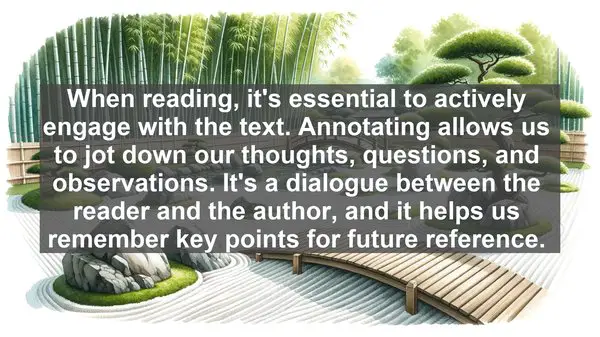Introduction: The Importance of Understanding and Interpreting Literature and Philosophy
Hello, students! Today, we’re diving into the fascinating world of English-language literature and philosophy. These subjects offer profound insights into the human experience, and by understanding and interpreting them, we can gain a deeper understanding of ourselves and the world around us.
1. Close Reading: Delving into the Text
Close reading involves examining a text meticulously, paying attention to every word, phrase, and literary device. By doing so, we uncover hidden meanings, symbolism, and the author’s intended message. It’s like peeling back the layers of a complex masterpiece.

2. Contextual Analysis: Understanding the Historical and Cultural Background
Literature and philosophy are products of their time. To truly grasp their significance, we must delve into the historical and cultural context in which they were created. This includes understanding the social, political, and intellectual climate, as well as the author’s background.
3. Comparative Study: Drawing Connections
By comparing different works or philosophical ideas, we can identify common themes, influences, and even contradictions. This not only enriches our understanding but also provides a broader perspective on the subject matter.
4. Annotating: Engaging with the Text
When reading, it’s essential to actively engage with the text. Annotating allows us to jot down our thoughts, questions, and observations. It’s a dialogue between the reader and the author, and it helps us remember key points for future reference.
5. Research: Going Beyond the Text
While the text itself is a treasure trove of information, conducting additional research can provide valuable insights. This includes exploring historical documents, scholarly articles, and even interviews with the author or experts in the field.
6. Discussion: Learning from Others
Engaging in discussions with peers or teachers offers a different perspective on the subject matter. It’s an opportunity to share ideas, debate interpretations, and learn from each other’s insights. The collective wisdom often leads to a deeper understanding.

7. Writing: Articulating Your Thoughts
Writing about literature or philosophy is not just about summarizing. It’s about articulating your thoughts, analyzing the text, and presenting a coherent argument. The process of writing itself enhances your understanding and critical thinking skills.
8. Attending Lectures and Workshops: Learning from Experts
Attending lectures or workshops by experts in the field is an excellent way to gain in-depth knowledge. These sessions often provide valuable insights, introduce new perspectives, and offer guidance on further study.
9. Exploring Multimedia: Embracing Different Mediums
Literature and philosophy are not confined to books. Exploring multimedia, such as films, podcasts, or even visual art, can provide alternative interpretations and a multi-dimensional understanding of the subject matter.
10. Reflection: Taking Time to Ponder
Finally, don’t underestimate the power of reflection. Taking time to ponder on what you’ve read or learned allows for deeper insights and connections. It’s in these moments of quiet contemplation that profound understanding often emerges.
